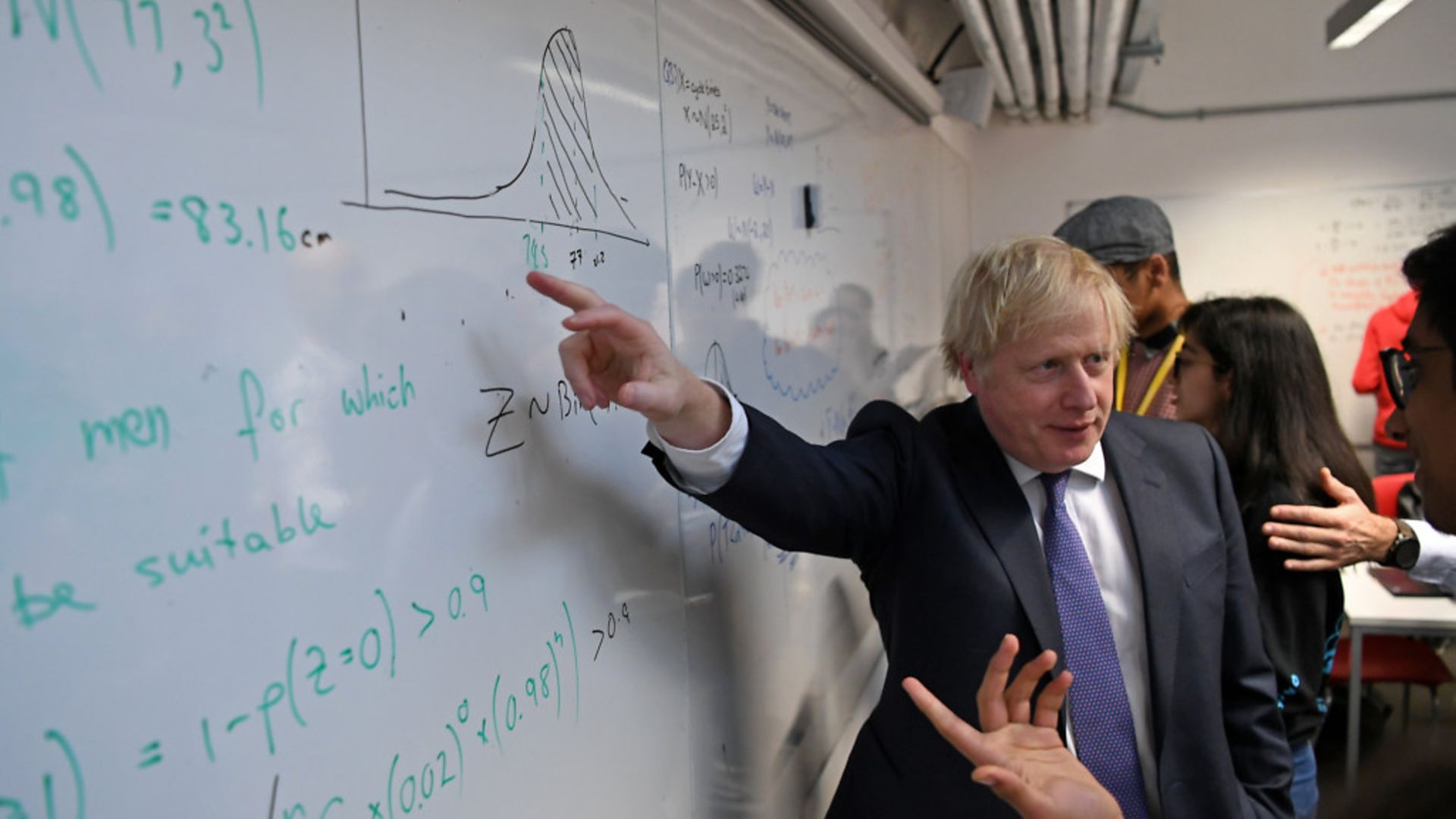
A leading Brexit think tank has warned that the government will only manage to secure ‘the barest of bare bone deals’ by the end of 2020 because of Boris Johnson’s red lines.
Experts at the UK in a Changing Europe organisation say the rules set out by Boris Johnson on the transition period makes anything other than a basic skeleton of a deal “hard to agree”.
In a newly-released damning report they argue that Johnson’s plans “will mean new trade friction for agriculture and manufacturing; and significant new barriers for service exports.”
They add: “A bare bones trade agreement that just eliminates tariffs could be costly for manufacturing to live with given how tightly entwined manufacturing value chains are across the UK and the EU.”
Criticising the government’s handling of the “mammoth” task, they warn the prime minister is “refusing to be honest” about the damage from his Brexit plans, and politicians need to be clearer about the “trade-offs” to come from it.
“Ministers have refused to be honest with the public about the choices they will make particularly in terms of economic impact, the increase in red tape, and growth in the size of the state,” say the experts.
The think tank also says there will be consequences for the economy as part of the government’s handling of Brexit so far.
MORE: Former minister said he ‘misspoke’ when he claimed trade deal would be ready for Brexit day
Ahead of the budget they warn: “While the UK suffers some of the largest interregional inequalities in the developed world, these might be exacerbated if, as some economists expect, the more prosperous parts of the country prove to be less affected by and/or more resilient to, any economic impacts of Brexit.”
Professor Anand Menon, the think tank’s director, said that the Brexit process up until January 31st was arguably the “easy bit” compared to what is to come.
He said: “Getting Brexit done, in the sense of leaving the European Union was, in a way, the easy bit.
“Now, the government confronts the challenge not only of successfully concluding a set of complex negotiations in under a year, but also putting in place structures and policies to replace those of the EU. These are sizeable and complex challenges, to say the least.”









